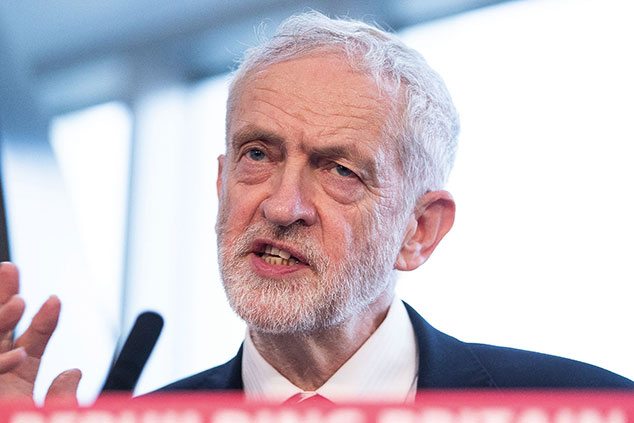
Theresa May enjoyed the best night of her premiership so far in Tuesday’s vote on her withdrawal agreement, says Peter Oborne in the Daily Mail. Not only did she “save the Conservative Party from splitting” by winning the support of Brexiteers for her plan to return to Brussels to renegotiate aspects of the deal, but she also “headed off the concerted attempt by Yvette Cooper and Nick Boles to seize back control” of the Brexit process for parliament.
Granted, this came at the cost of a “pretty dramatic U-turn” – May was forced to ditch “a deal which she personally agreed to barely eight weeks ago” – and accept renegotiations she had said were impossible. Still, the fact remains that “there will be celebration in Downing Street”. May “looks more secure than she has done for a while”.
Perhaps, but it was a bad night for those hoping for a soft Brexit, says Robert Shrimsley in the Financial Times. “MPs simultaneously voted to declare their opposition to a no-deal Brexit while denying themselves the tools to prevent it. They then backed the prime minister’s agreement as long as she wins, within eight weeks, changes that she has spent two years and three Brexit secretaries failing to secure.”
Still, May now has a breathing space and can go back to the EU with a majority. Brussels will surely give May something to throw at her hardliners. Whether that will be enough for them remains to be seen. MPs vote again in two weeks’ time. And time is running out.
Will Brussels budge?
The prime minister now has parliamentary support for a change to the fatal Irish border backstop, says Janet Daley in The Daily Telegraph. But it’s doubtful she will get it. The EU has already said that such a thing is not possible. And Brussels “might legitimately say it feels let down and betrayed” by May, who is reneging on an agreement she herself spent two years negotiating, “supposedly in good faith”, then signed in defiance of her own cabinet and party. As a result, it’s very possible that the EU, in “fury and frustration”, may “adamantly refuse to give an inch”.
We are “far from the end of this saga” – and “nobody is going to emerge unscathed”. If the prime minister has a more detailed plan “that could feasibly satisfy” Brussels, and mollify all 27 EU countries that would wield a veto over it, “she has kept it to herself”, says Bloomberg. As it is, her demands are “absurd” and we can expect little more in the two weeks before the next vote than “theatrical dithering”.
This would be “comical” if it weren’t that the threat of a no-deal exit has “already cut 2.3% from UK output” and is reducing public revenue by some £320m a week; “many businesses have fled, and others are issuing dire warnings”.
What should Labour do?
Trying to remove no-deal from the table was all very well, but we need “firm resolution from Labour as to what it wants to see happen next”, as Labour MP Angela Smith says in The Times. In the wake of the vote, leader Jeremy Corbyn agreed to talks with May. His decision “reflects a blunt and enduring truth of parliamentary arithmetic”, says Patrick Maguire in the New Statesman – “that the only way of avoiding a no-deal Brexit is to approve a negotiated Brexit”.
And the only deal that can pass parliament – given that what is acceptable to a majority of Tories is unlikely to be acceptable to Brussels, and that MPs refuse to countenance delaying Brexit – “will have to be one that is acceptable to the Labour leadership and a majority of its MPs”.
More likely is that what will be left is May’s deal or no deal at all, says Alex Massie in The Spectator. Oppositionists say this is a false choice. But it is increasingly looking like the only choice available.